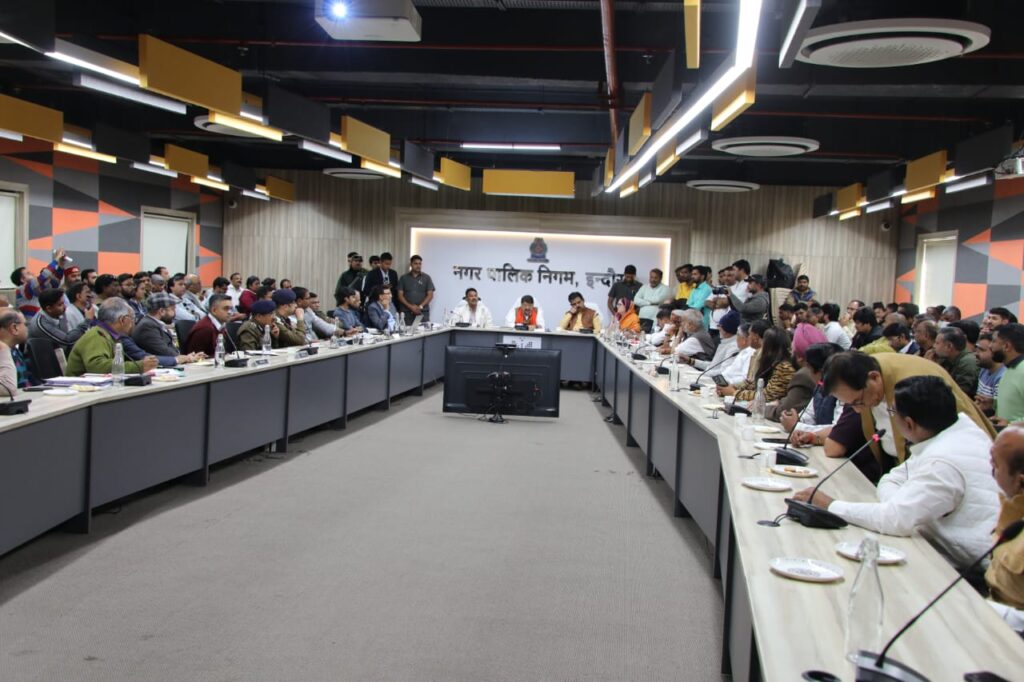Toxic Tensions: Union Carbide waste disposal faces fierce backlash
2 min read
K K Jha
Indore: A fierce debate has erupted between the Madhya Pradesh government and civil society over the disposal of toxic Union Carbide waste from Bhopal at Pithampur’s waste treatment facility. Despite government reassurances, residents, environmentalists, and local leaders are voicing concerns over long-term health and environmental risks.
Addressing the controversy, Urban Development Minister Kailash Vijayvargiya announced on Thursday that a review petition will be filed in the Supreme Court, backed by expert evidence, to address public fears. kkHe assured that the incineration process will follow Supreme Court directives, employing leak-proof containers and continuous monitoring to ensure emissions remain within permissible limits. National agencies like NEERI and CPCB have certified the Pithampur facility’s capability to handle hazardous waste safely.
However, resistance continues to mount. Dhar MLA Neena Verma, from the ruling party, joined civil society and environmental groups in demanding the relocation of the waste to remote, uninhabited areas to prevent potential harm to residents. Public protests and a High Court petition filed by local doctors further highlight the unease surrounding the waste’s arrival in Pithampur.
Madhya Pradesh Chief Minister Mohan Yadav also weighed in, emphasizing that the disposal process adheres to strict environmental standards. Speaking to the media in Bhopal, he reassured the public that comprehensive scientific evaluations and trial runs—conducted since 2015—confirmed no harmful impact on air, soil, or groundwater. “This waste removal is a step forward after 40 years of stagnation in Bhopal. We are following every safety protocol to ensure public and environmental welfare,” he stated.
The Chief Minister urged against politicizing the issue, highlighting that national agencies and Supreme Court directives have guided every aspect of the operation. However, despite these assurances, public skepticism remains, with residents threatening to escalate their protests until the toxic waste is moved far from populated areas.







